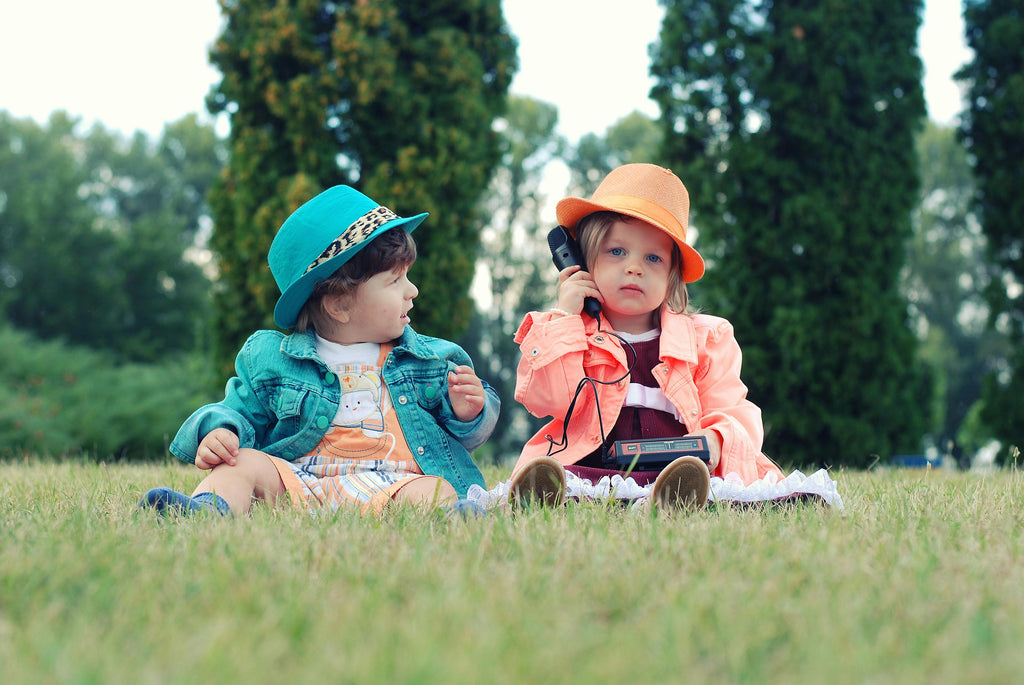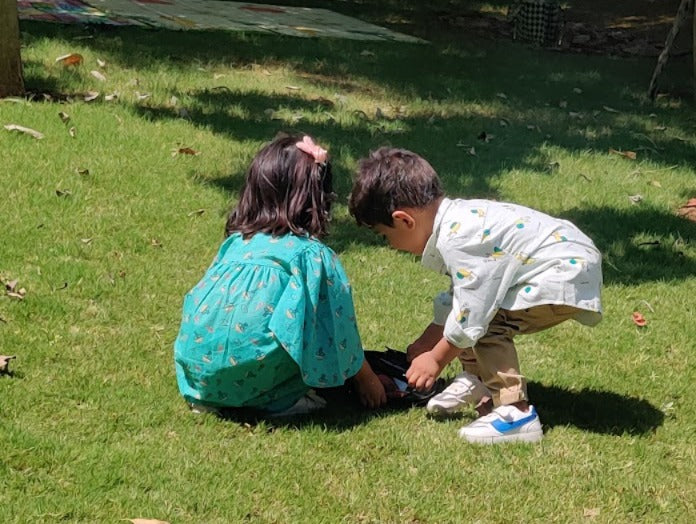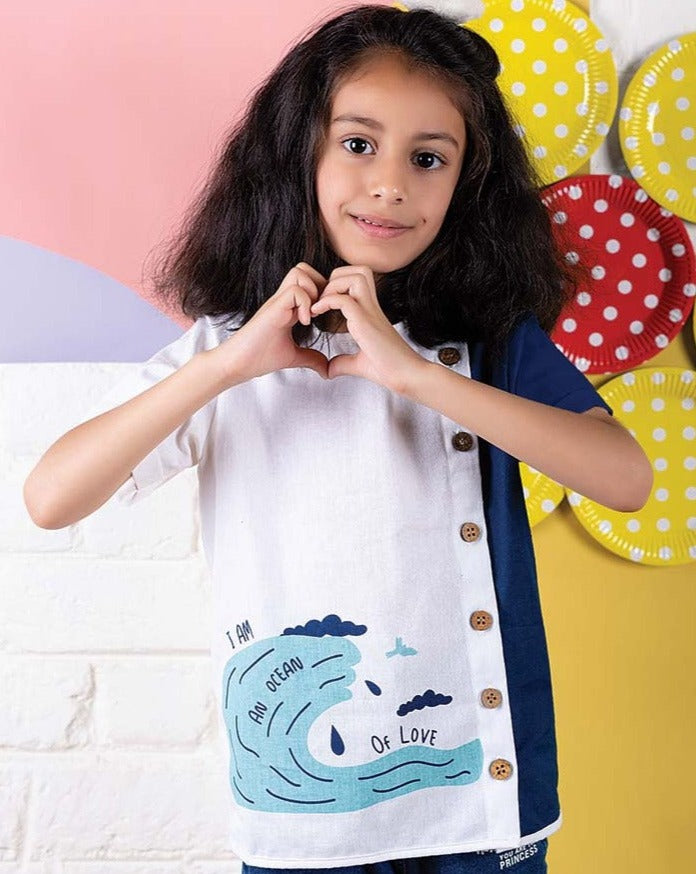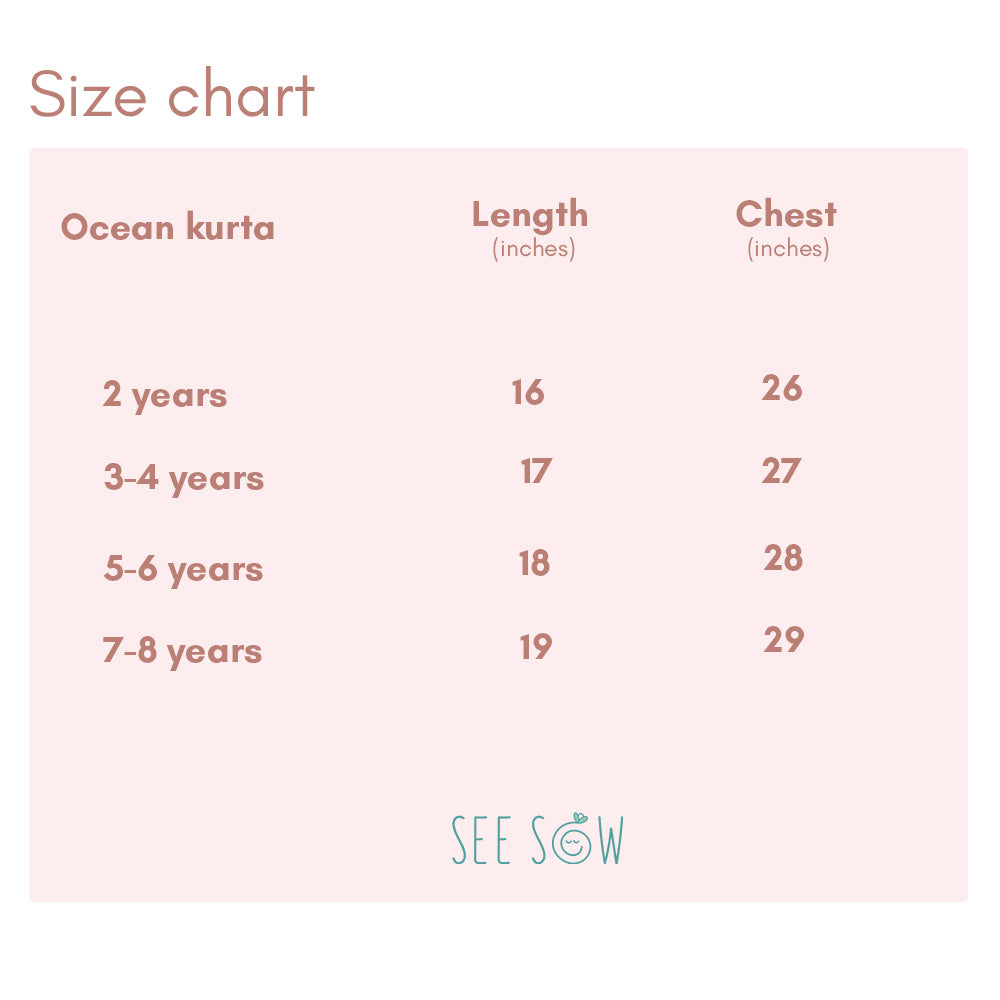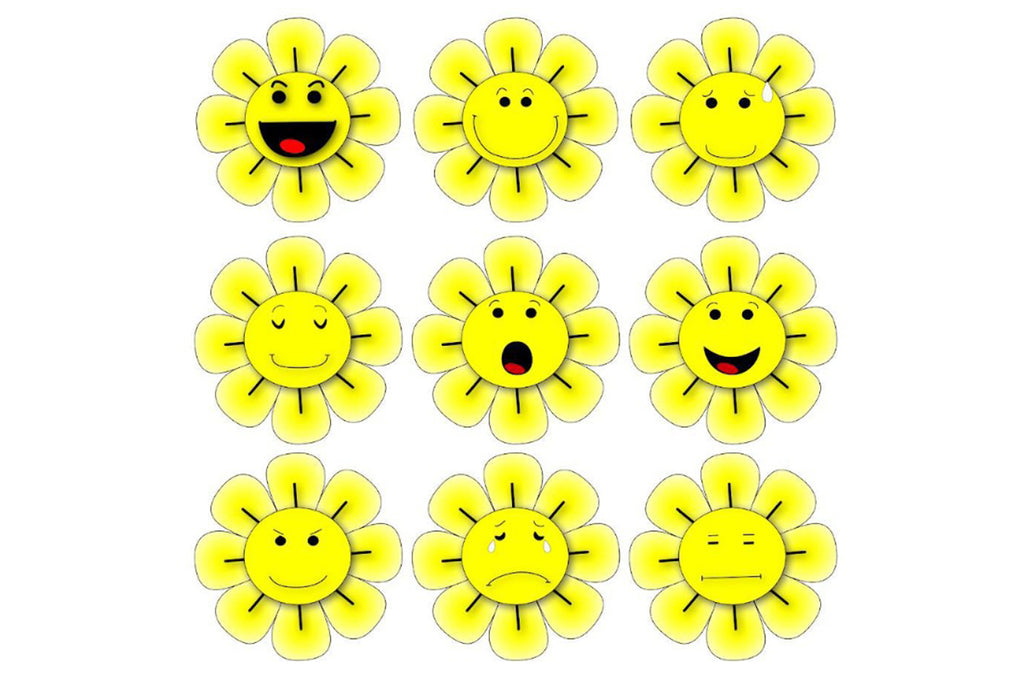
The importance of expressing emotions freely

From the time babies are born, they start expressing their emotions! They cry when they're hungry, laugh with joy, feel pain, and are gentle at times. Kids are naturally born with empathy and emotions, but it's up to the parents to nurture these traits.This is such a key part in supporting children's development, and it's so crucial to be able to help them along this journey.
There is no school subject that deals with explanation of emotions.While early childhood education is primarily focused on getting kids comfortable with academic basics - shapes, colors, counting - helping them develop emotionally is equally important.

Children are not born with the ability to label their feelings. Often, they don't have the words to express their feelings, so they act out those feelings in problematic ways. When a child is angry or frustrated, he or she may hit or throw toys. Their minds may struggle to settle after an eventful day. We can use this as an opportunity to teach children how to express their feelings positively.
Finally, there's a way for parents to support their kids emotionally!
No matter if it is anger, sadness, disappointment or joy See Sow has created a tool to support kids' emotional development..The expressions co-ord set is an interesting garment that allows children to express their feelings in an creative and interactive way.
Curious to know more? Read all about it here
“Emotions are our natural superpowers.” Skylar Sustin
Strong Emotional Development Results in Five Key Skills:
-
Self-awareness: They understand how they feel and what makes them feel that way. Creating a space where kids can explore their emotions without being judged by adults
-
Builds Confidence : Children gain more confidence in themselves and their abilities when they express their emotions. In addition to boosting self-esteem, it encourages children to take risks without fear of failure.
- Relationship Building: Kids build trust and intimacy when they share their feelings. It's more likely they willl feel connected with someone who understands them
- Develops Problem Solving Skills : Children learn how to persevere, seek help when they need it, and make thoughtful decisions.
- Builds Emotional Regulation : Children learn to think about how their actions might affect others' feelings by answering questions about emotions.
“Emotional Intelligence allows us to respond instead of react”
Developing the ability to cope with all feelings from an early age is imperative; ignoring them will make things more difficult later in life. The ability to understand, label, express, and regulate a wide range of feelings will benefit a child's mental health and wellbeing in the long run. It is essential for children to live and learn in an environment where their feelings are heard, accepted, understood, and met with empathy and compassion.

Being capable of recognizing, experiencing, and coping with emotions is one of the greatest gifts you can give your kids. It will be their key to resilience in the future.
Are you looking for a fun way to teach your child about emotions? Check out the Expressions Unisex Co-ord Set at See Sow
Do you have any tried and true methods for teaching emotions to children? Tell us in the comment section below !




